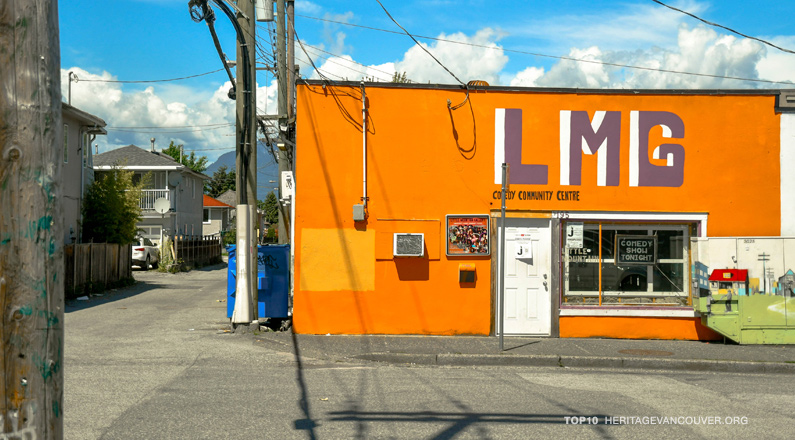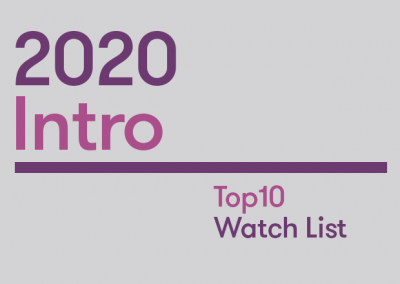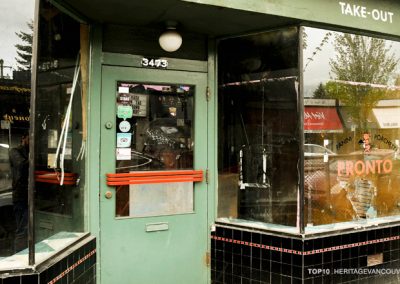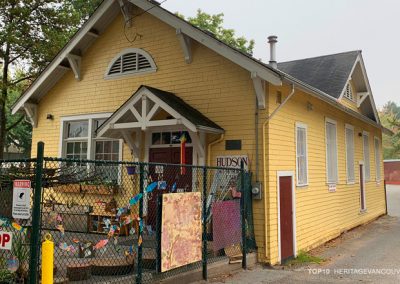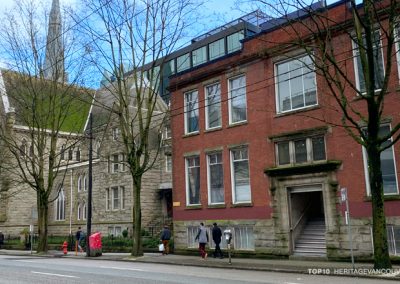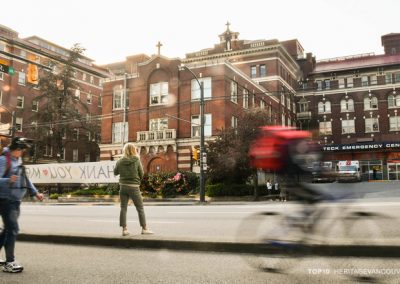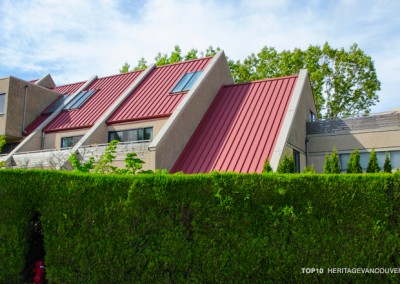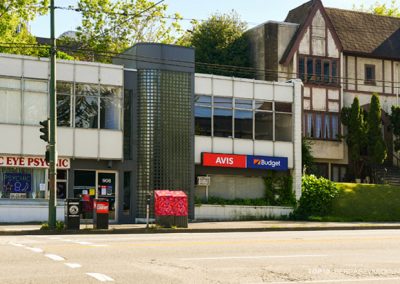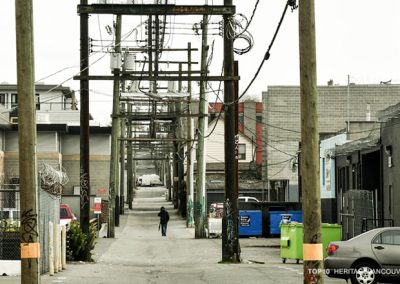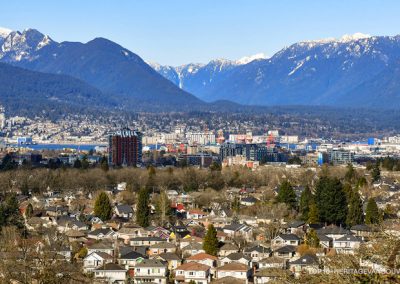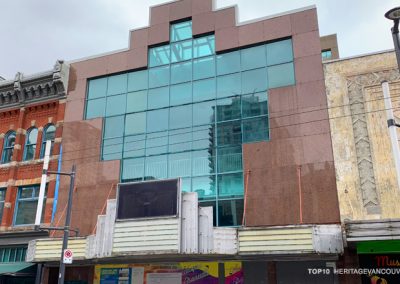Artists, cultural workers and venues had already been facing serious issues before the pandemic. Now, after months of crisis and still months to come, the sector is in dire need of help.
The state of Arts and Culture in 2019
Before COVID-19, the harsh reality for artists and cultural spaces was summarized in a study by the Eastside Culture Crawl Society (City Without Art? No Net Loss+) and the City of Vancouver’s report Making Space for Arts and Culture in 2019.
The sector has been increasingly vulnerable because of precarious short-term rental agreements, little community ownership of cultural spaces and displacement. Redevelopment, rezoning of industrial lands, competition with higher-value land use, and dramatic tax and rental increases have led to the loss of 400,000 square feet of studio space in Vancouver over the last ten years. This is about 50% of the locations used by artists.
In fall of 2019, the City of Vancouver introduced a new cultural plan for 2020-2029 (Culture|Shift) with strategic directions and actions in support of Arts and Culture. Was there finally a glimpse of light at the end of the tunnel?
The impact of COVID-19
Then came COVID-19. Galleries, museums, music venues and movie/live theatres had to temporarily or permanently close their doors. Many movie industry productions that were being shot in Vancouver were postponed, leaving many without a pay cheque. Social distancing might have forced artists to leave their beloved, usually small studio space to work from home – without the much-needed encouragement and critical opinions from their colleagues. Musicians have seen their gigs canceled. Under strict protocols, the restrictions are gradually lifting. However, there is still a long way to go.
Terry Hunter of the Downtown Eastside Heart of the City Festival, which will run in an alternate format this year [i], provides us a glimpse of the impact on the Downtown Eastside.
The pandemic has been really hard on local artists, residents, and participants. They have lost employment and are financially stressed. And the vital community gathering centres, such as the Carnegie Community Centre—the ‘living room of the Downtown Eastside’—are also closed down. These closures contribute to artists and residents experiencing loneliness, disconnection from cultural practice, and related health issues. Many local artists and residents are alone in their rooms, often without internet access, bored and looking for things to do. Many homeless people, who were couch surfing before the pandemic, are now living outside on the sidewalks or in tents.
Federal, Provincial and local governments have made available millions in immediate support to help the Arts and Culture sector. However, numerous organizations and individuals fall through the gaps as they are not eligible for aid and cannot survive long without emergency relief.
Elia Kirby, President of the Arts Factory Society, a cultural hub for new and emerging artists, arts organizations, and cultural sector professionals describes the impact at the Arts Factory:
The Covid Pandemic has practically decimated the Arts Industry; however, I have a lot of faith and trust that the Arts Community is resilient and that it will adapt to the new environment that is surely to emerge out of this global experience. Many of the tenants of the Arts Factory have seen their personal and professional incomes affected. The Great Northern Way Scene Shop and IRL Creative, the two largest tenants, saw 90% and 100% of their income disappear for April and May. However, no single tenant gave notice, and many continued to visit the studios (while respecting the BC CDC protocols). This is fortunate as the Arts Factory is 100% funded through our earned revenue – about 95% of which is tenant rent. Ironically, the Arts Factory Society does not qualify for rent relief from the federal government as our own landlord is our municipal government. Currently the City of Vancouver does not have a rent relief program in place for their tenants.
There will be longer term consequences. The Arts and Culture sector is always among the first to face cuts in governmental annual budgets, which will affect the availability of funding and grants in the years to come.
As Brenda Leadlay, Executive Director of BC Alliance for Arts and Culture, describes the longer term: As society slowly returns to “normal” it is our hope that this time of quiet reflection will bring about systemic change. That government will put people ahead of profit and recognize that the arts are essential to the quality of our lives. The arts connect us to each other even when we are apart. What’s more important than that?”
The importance of Arts and Culture
The festival is a flagship cultural and heritage event for our inner-city community. It builds community, nourishes resilience and brings hope. This is what gives us strength. During these socially isolated days of COVID-19, it is vital that the festival continues to work with partner organizations to engage with residents and artists to provide: resources for artistic activity; much needed employment; an artistic platform for their pain, hopes and dreams to be heard; and opportunities for our community to engage with each other in meaningful and positive ways. This is an opportunity to be innovative, creative and to develop new and exciting ways to connect with each other and with community.
– Terry Hunter on the value of the Heart of the City Festival to the community.
We shape, define and experience culture every day. It binds us and partially defines who we are, both as individuals as well as communities. It is our heritage.
Through arts we give expression to culture: it enhances social bonding, fosters individual and group identity, and stimulates social consciousness. Through arts we express emotions and share experiences. Arts improve our individual and social well-being, and reduces stress and anxiety. Singing, painting, photography, dancing and crafts can help us in overcoming trauma, crises and disasters.
Arts create bridges between cultures and communities, encourage community cohesion through volunteering and charity, and contributes to making countries, cities, towns and neighbourhoods into what they are.
While the relevance of Arts and Culture may not be obvious during a health crisis, Brenda shared how important it actually is particularly during the pandemic:
In the Arts and Culture sector, our collective hope is that the COVID-19 epidemic will lead to greater awareness of the important role that creativity plays in our lives. During this time of isolation, people have turned to the arts for entertainment but they have also engaged in art and creativity to maintain their mental health – whether that means watching an online performance, inventing games to play with their children or baking bread. Creativity is essential to people’s well-being. It builds self-confidence, develops critical thinking, encourages innovation and ultimately builds strong leadership skills.
Support
The people who work in the Arts and Culture sector will help us recover from the COVID-19 pandemic and aftermath – we just need to give them the chance to do it. They now need our help.
Here are some thoughts on how Arts and Culture can be supported:
Elia Kirby, the Arts Factory Society: The best way to support local art and culture is through attending, purchasing, viewing, listening, watching—consuming—local art and culture. During the last couple of months, many artists have taken to on-line forums to communicate their art. While in the short term this is imperative to stop the spread of the virus, once we are able to gather together, the best way to support local artists is to get back out to visit galleries, listen to musicians and theatre artists, eat local cuisine, watch live dance, read and listen to poets, purchase local authors.
Let the politicians at all levels of government know that local art and artists are important; and need to be supported financially and through policies that encourage the creation and production of local art. Many artists and other free-lancers who are a big part of the artistic community have been kept afloat through the CERB, and the BC rent subsidy. Demand that these programs are in place until it is safe to gather in large groups. And reach out to three local artists whom you admire and let them know how much you like their work. I have found that talking to people during this time is so important for everyone’s well being.
References / further readings
“65 Arts Organizations Call on Government to Better Support Sector During COVID-19 Crisis.” Canadian Art. 16 April 2020.
BC Alliance for Arts + Culture. COVID-19 Resources.
BC Arts Council. COVID-19: Updates.
City of Vancouver. Arts and Culture Grants.
Burr, Ashley. “Vancouver musicians, venues amplify plea for federal help for Canada’s live music scene.” News 1130. 22 June 2020.
City of Vancouver. Making Space for Arts and Culture. 3 September 2019.
City of Vancouver. Culture|Shift: Blanketing the City in Arts and Culture. 2019.
HeritageBC. COVID-19 Resources to Support the Heritage Sector.
Eastside Culture Crawl Society. A City Without Art? No Net Loss, Plus!. October 2019.
Meekes, Erica. “Public Research Findings: Live Music Industry Faces Triple Threat During Recovery.” Music Canada. 14 May 2020.
MusicBC. COVID-19 Updates and Resources.
National Trust for Canada. Heritage Sector Response to COVID-19: Join the Movement.
Pacheco, Paloma. “Will BC’s Culture Sector Survive the Pandemic?” The Tyee. 12 June 2020.
“The importance of art in the time of coronavirus.” The Conversation. 1 April 2020.
Thibault, Alissa. “How COVID-19 is affecting B.C.’s arts and entertainment industries.” CTV News. 15 March 2020.
Vantage Point, Vancouver Foundation, and Victoria Foundation. No Immunity. BC Nonprofits and the Impact of COVID-19: An Early Impact Summary Report. 13 May 2020.
World Health Organization. Health Evidence Networks Synthesis Report 67: What is the evidence on the role of the arts in improving health and well-being? A scoping review. 2019.
[i] According to Terry Hunter, the festival will shift from primarily an indoor festival with some outdoor activity to a festival that is combination of online activity; events in the public realm in parks, open spaces, public squares and store front windows; live-streamed indoor events; and community-engagement projects that connect us to residents living in apartments, SROs, streets and parks.
